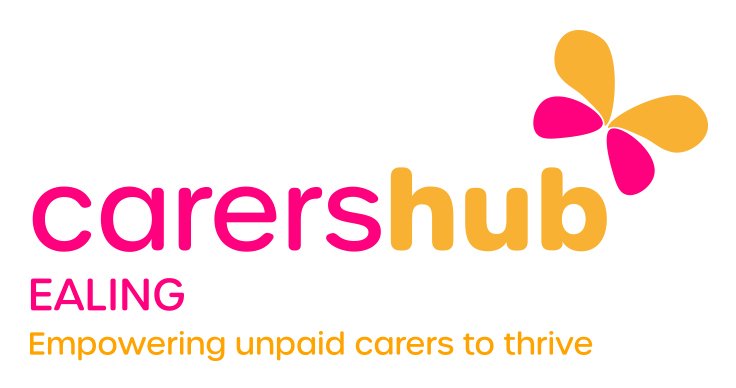What is a carer?
Many people do not see themselves as a carer, but around 1 in 8 adults in the UK and an estimated 700,000 young people are carers.
A carer is any child, young person or adult who cares, unpaid, for someone who due to illness, disability, a mental health problem or an addiction, cannot manage without their support.
The person you care for could be a friend, parent, sibling, partner or child. You do not need to be living with them, or provide over a certain number of hours to be a carer.
You might not think you are a carer because:
you think it’s your duty to care for your relative or friend
you are providing emotional support rather than physical and practical support
you think that being a carer is a formal role, provided through social services.
Being someone’s carer may only describe part of your relationship with the person. You could be their parent, partner, sibling, child, grandchild, friend, neighbour or other relative. This relationship can be just as, or more, important to you, and it may difficult to see this relationship as separate from your caring role. That doesn’t mean you don’t need or deserve support.
There is not one specific thing you do that means you are a carer. Carers have a wide range of roles and responsibilities. They can range from help with personal care such as getting out of bed and bathing, to practical help with household chores such as cooking and changing beds, to emotional support such as helping someone cope with the symptoms of a mental illness.
Emotional support is just as important as practical support. If you look after someone with a mental health problem, you might be unsure whether what you do ‘counts’ as caring, because you think of caring as only physical tasks. But giving emotional support is a big part of being a carer and can be very demanding.
Carers often juggle different responsibilities. You may feel that you are not a carer because it is not your main or only role and you are juggling the support you provide with other commitments in your life, such as work, study and family. Often people, in particular younger carers, don’t tell relatives, friends or health and care professionals about their responsibilities because of a fear of being separated, guilt, pride or other reasons.
You are a carer if…
you aren’t paid to look after the person you’re caring for, but the support you provide is regular and ongoing.
If any of the statements below apply to you, we are here to support you:
You help a family member, friend or neighbour that:
is frail
has a learning or physical disability
has a chronic illness
has a mental health need
has Dementia/Alzheimer’s
has a substance misuse issue.
You do things like
helping someone to wash and dress
Helping them to eat
taking them to regular health or therapy appointments
Doing their shopping
keeping them company.
giving emotional support
paying bills or managing their money and looking after finances
supporting them to live alongside other people in your household
helping others understand the needs of the person you are caring for
cooking and cleaning
giving medicine or providing medical care
helping someone cope with or seek help for a mental health problem


